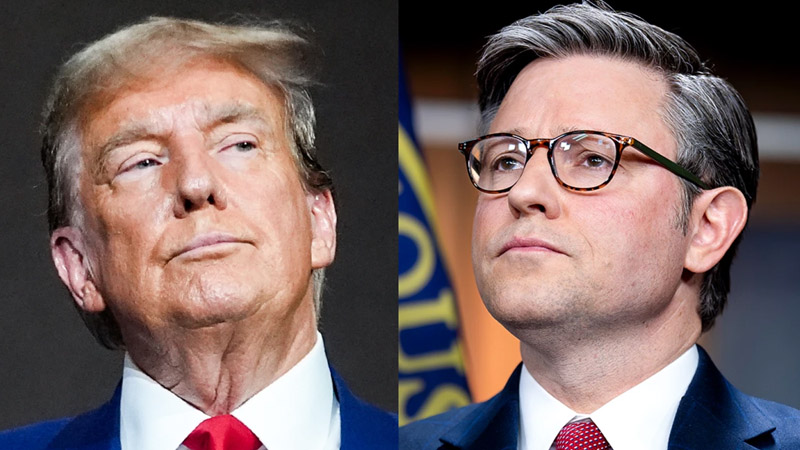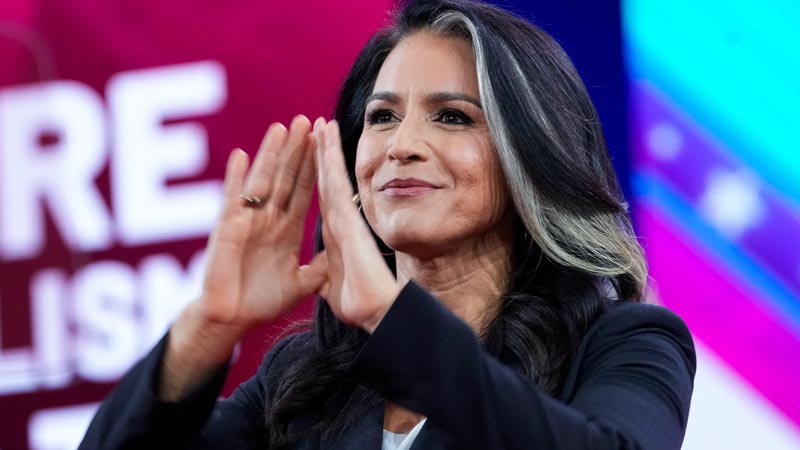Massachusetts Court Dismisses Challenge to Trump’s Ballot Eligibility Amid National Legal Debates

Olivia Nuzzi/ Twitter
The Supreme Judicial Court of Massachusetts, under the guidance of Justice Frank Gaziano, has recently made a pivotal decision to dismiss a legal challenge that sought to prevent former President Donald Trump from appearing on the Republican primary ballot. This ruling, reported by CBS News on Monday, January 29, 2024, marks a significant moment in the ongoing legal debates surrounding Trump’s eligibility for future presidential races.
The challenge, initiated by a civil rights group in collaboration with a local law firm, was grounded in the argument that Trump’s inclusion on the ballot contravened a specific clause of the Constitution. This clause prohibits individuals who have participated in acts of insurrection or rebellion against the United States from holding office, a reference to Trump’s alleged involvement in the events leading up to and on January 6, 2021.
Justice Gaziano, in his ruling, articulated that the legal objections raised against Trump’s candidacy were premature. He clarified that the jurisdiction or authority of the State Ballot Law Commission to entertain objections to Trump’s eligibility would only become a pertinent issue if Trump were to win the Republican nomination.
The Justice’s statement elucidated, “If there is any question whether the commission has the authority or jurisdiction to consider the petitioners’ objections regarding Trump’s eligibility to appear on the general election ballot, that question will not become ripe until, and if, he is selected as his party’s nominee for President.”
Further complicating the legal landscape, Justice Gaziano alluded to the possibility that the U.S. Supreme Court might soon weigh in on this matter. The nation’s highest court has agreed to review a related decision from Colorado, where the state’s supreme court determined that Trump should remain off the primary ballot due to his alleged involvement in the Capitol attack.
This development in Massachusetts adds another layer to the intricate legal disputes surrounding Trump’s potential candidacy. It follows closely on the heels of a similar scenario in Maine, where the Supreme Judicial Court refrained from making a decisive ruling on Trump’s eligibility. This came after Secretary of State Shenna Bellows deemed Trump ineligible, a decision that was temporarily paused by a judge in anticipation of the U.S. Supreme Court’s verdict on the Colorado case.
As the situation escalates into a widespread legal drama, the question of Trump’s eligibility has transcended state boundaries, becoming a matter of national significance. Various states are now confronted with analogous legal challenges, setting a precedent that could redefine the criteria for presidential candidacy.
The legal community and the nation at large are poised for the U.S. Supreme Court’s forthcoming decision on the Colorado case, which is expected to provide crucial clarity on the eligibility of individuals involved in insurrectionist activities to run for the presidency. In the interim, the series of legal proceedings continues to intensify the debate over Trump’s political future, with each courtroom decision contributing to the unfolding saga of his contentious path to potentially re-enter the political arena.


